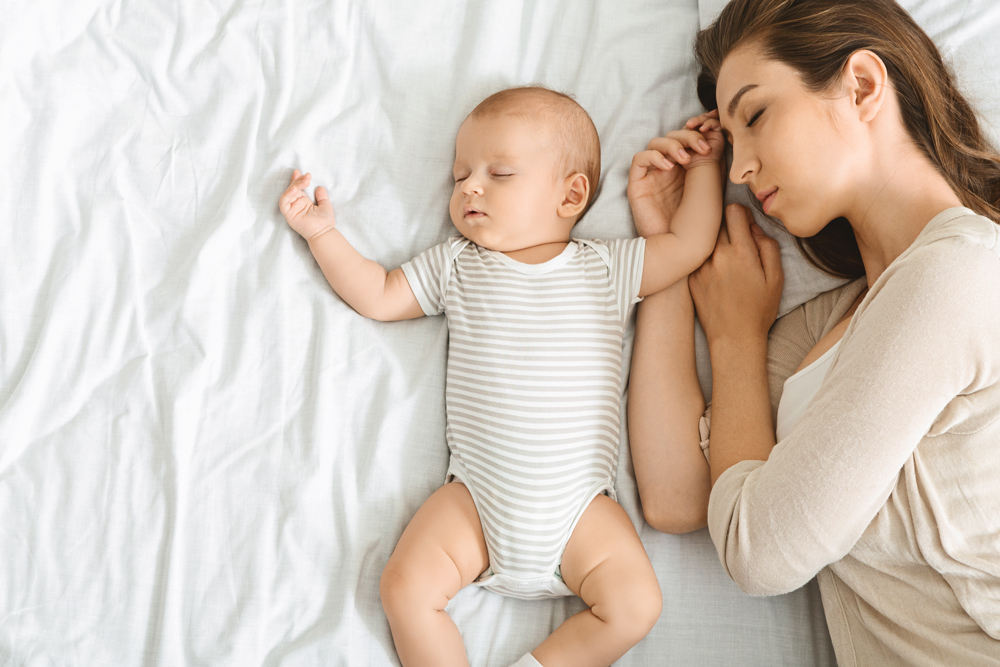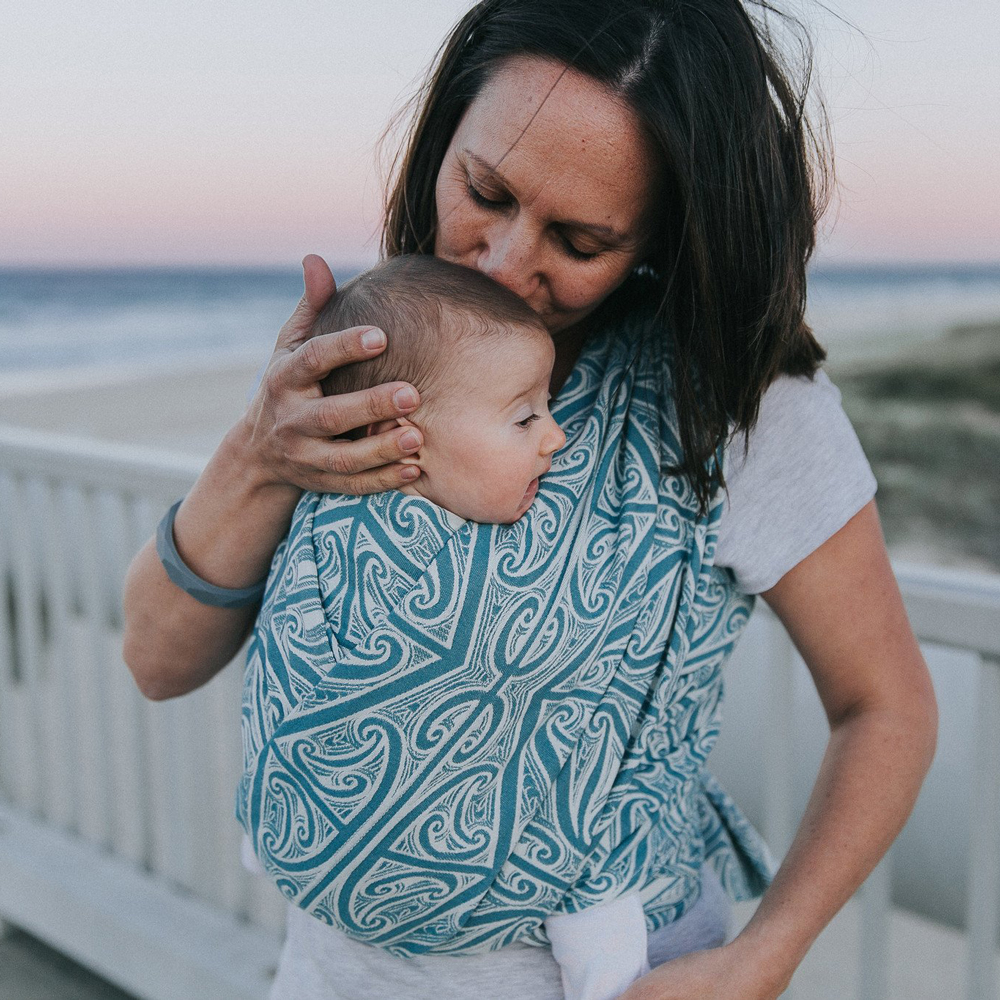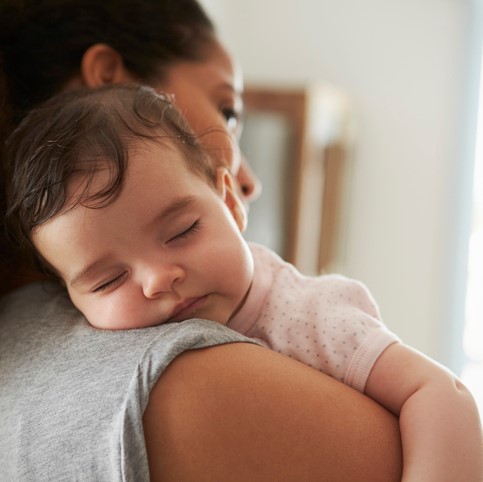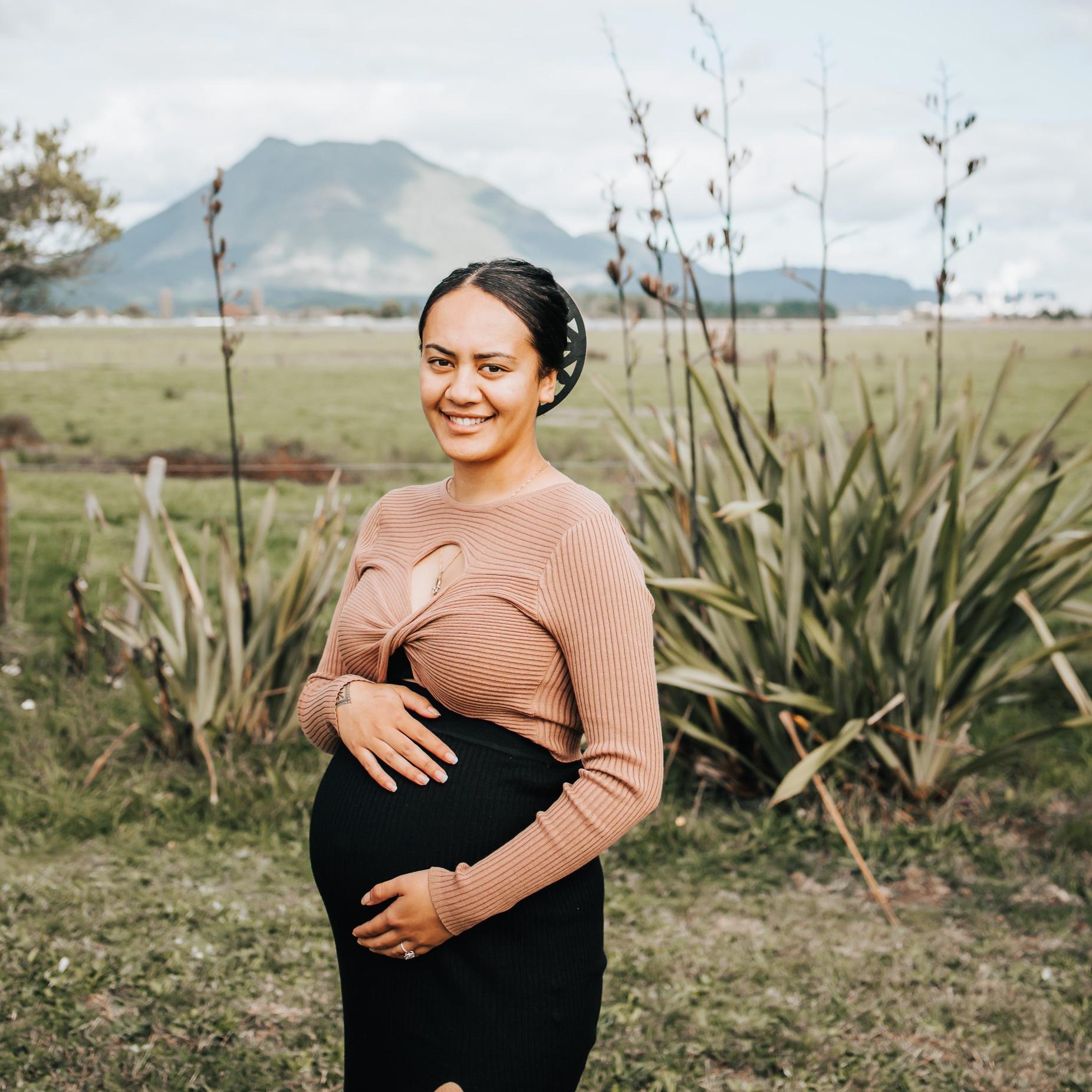Co-Sleeping with Your Baby: A Guide to Safe Bed-Sharing

Bed-sharing or co-sleeping is when a parent sleeps on the same sleeping surface as their pēpi.
Babies are at risk of Sudden Unexpected Death in Infancy (SUDI) up until they are around 12 months of age. Every year in Aotearoa – New Zealand, too many babies die suddenly in their sleep from SUDI.
The recommendation in Aotearoa – New Zealand is to have a baby sleep in a cot next to their parents’ bed for at least the first six months of life, but ideally 12 months. Studies show that bed-sharing/co-sleeping is a known risk factor for SUDI so in the safe sleep guidelines, it is not recommended to have your baby share your bed.
However, some parents may choose to frequently or occasionally bed-share for cultural or personal reasons. Regardless of how often you practise co-sleeping, it’s important to always follow guidance around safe co-sleeping to minimise the risk – and the intention of this article is to provide that information.
This guide talks through the checklist of how to safely share a sleeping space with your baby, and to know when not to co-sleep as it can be dangerous to bring baby into bed with you.
THE SAFE SLEEP SEVEN: SEVEN STEPS TO SAFER BED-SHARING
Before co-sleeping with your baby, ensure you meet all seven steps for safer bed-sharing.
You must be:
1. A non-smoker (no smoking in or outside the home)
2. Sober and unimpaired
3. Breastfeeding your baby
And your baby must be:
4. Healthy and born at full-term
5. Placed on their back (never on their tummy or side)
6. Lightly dressed
And you both must be:
7. On a safe sleeping surface.
SAFE CO-SLEEPING TIPS
- Always place your baby to sleep on their back – never on their tummy or side.
- Create a clear sleep space for your baby to sleep.
- Make sure your baby’s face and head remain uncovered.
- Ensure the mattress is firm and flat – not tilted or elevated.
- Make sure you keep bedding and sheets away from your baby so they cannot cover your baby’s face.
- Keep all pillows away from your baby’s sleep space.
- Place your baby to the side of one parent – they should never be in the middle of two adults, or next to other children or pets.
- Make sure baby can’t fall off the bed – you can put your bed’s mattress on the floor to help reduce the risk of your baby falling off the bed and being injured as a result.
- Move the bed away from the wall to ensure baby can’t get trapped between the bed and the wall.
- Remove all strangulation hazards – tie up long hair, remove all jewellery and remove teething necklaces.
- You can use a safe sleeping bag (no hood, but fitted neck and arm holes) with baby’s arms out – do not wrap or swaddle your baby.
Using a wahakura or Pēpi-Pod® is said to provide a ‘zone of protection’ for a newborn baby – it offers the closeness of co-sleeping while reducing the risk of direct bed-sharing.
WHEN NOT TO CO-SLEEP
Bed-sharing under the following circumstances can be very dangerous for your baby:
- When you are unwell or overly tired.
- If you or your partner have recently consumed alcohol.
- If you or your partner smoke at all, even if you don’t do it in the bedroom or the house.
- If you or your partner have taken any drugs (including medication from the pharmacy or recreational drugs) that make you feel sleepy, less aware or impaired.
- If your baby was born premature (before 37 weeks) or small for their gestational age.



